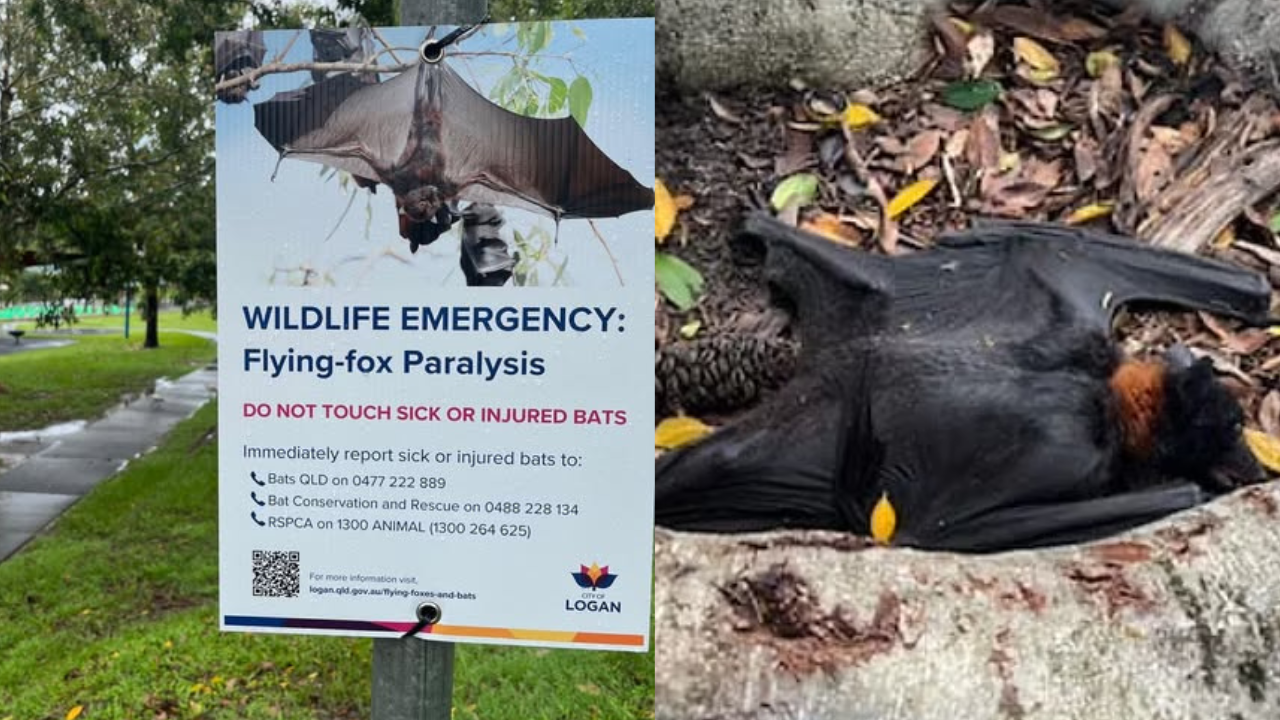Desperate to protect her son and flee bombs in Lebanon, this Australian faces an obstacle

- by Admin
- September 27, 2024

While Hijazi and her son Adam are Australian citizens, her husband is not.
“I cannot leave without my husband and Adam’s father,” she tells SBS News.
I’m afraid that if I leave for Australia with Adam, I’ll lose all contact and all touch with Abbas.
Batoul Hijazi
“The security updates saying ‘leave when you can’… are just frustrating me. I want to leave, I really do.”
‘I don’t want him to smell blood’
When war broke out in 2006 between Israel and Hezbollah, Wehbe was just 14 years old.
The 2006 war between Hezbollah and Israel resulted in the deaths of more than 1,000 Lebanese and the displacement of some one million. Source: AAP / Wael Hamzeh
Over the 34 days the conflict lasted, 30,000 homes were flattened, more than 1,000 people were killed, and another one million displaced.
“I don’t want him to be traumatised. I don’t want him to hear bombs.
I don’t want him to smell blood — I want him to be safe.
Abbas Wehbe
Addressing reporters in New York this week, Foreign Affairs Minister Penny Wong said: “Obviously, we will continue to work with partners about what arrangements can be made, but I again say the numbers would render it unlikely that we would be able to help all Australians who are in Lebanon.”

In 2006, Australia evacuated over 5,000 citizens and 1,200 foreigners from Lebanon, marking its largest evacuation ever, with support from Syria, Jordan, Cyprus, and Turkey. Source: AAP / Sergio Dionisio
The number of Australians in Lebanon is estimated to be 15,000, but there are fears the actual number could be more than double as many regular visitors to the country don’t notify the government ahead of travel.
Government urged to show ‘compassion and expedition’

Israel is rejecting global calls for a ceasefire with Hezbollah, defying its biggest ally in Washington and pressing ahead with strikes, including on the edges of the capital. Source: AAP / Bilal Hussein
Prime Minister Anthony Albanese has been requesting — for many months — that Australians in Lebanon return home immediately to avoid harm.
But for families like Abbas and Batoul, it’s not so easy.
“Normally, the Department is incredibly quick, but it does have political protocols that it needs to address first, and we understand that.
I just hope that the government will be able to do something about this quickly if it can.
George Lombard, principal solicitor
SBS News contacted the Department of Home Affairs but did not receive a response before the deadline.
Home is where my family is safe
While they love their home and are proud that their son has a connection to his Lebanese identity, they no longer feel safe.

Abbas and Batoul have cancelled Adam’s second birthday celebrations as Israel expands its air campaign to suburbs around Lebanon’s capital. Source: Supplied / Batoul Hijazi
“Of course, I love Lebanon,” Wehbe says.
“And I think that Australia is the best place.”
The Latest News
-
December 27, 2024The year in big business news, according to Taylor Swift
-
December 27, 2024Foxtel’s sale could change the game for two sports in Australia
-
December 27, 2024Tennis: Injury forces Simona Halep to withdraw from Australian Open 2025
-
December 27, 2024The secret post-sandpaper-gate change that saved Virat Kohli from suspension
-
December 27, 2024‘The champ’s back’: Seven-year first sees Smith join legends amid Nadal comparison




